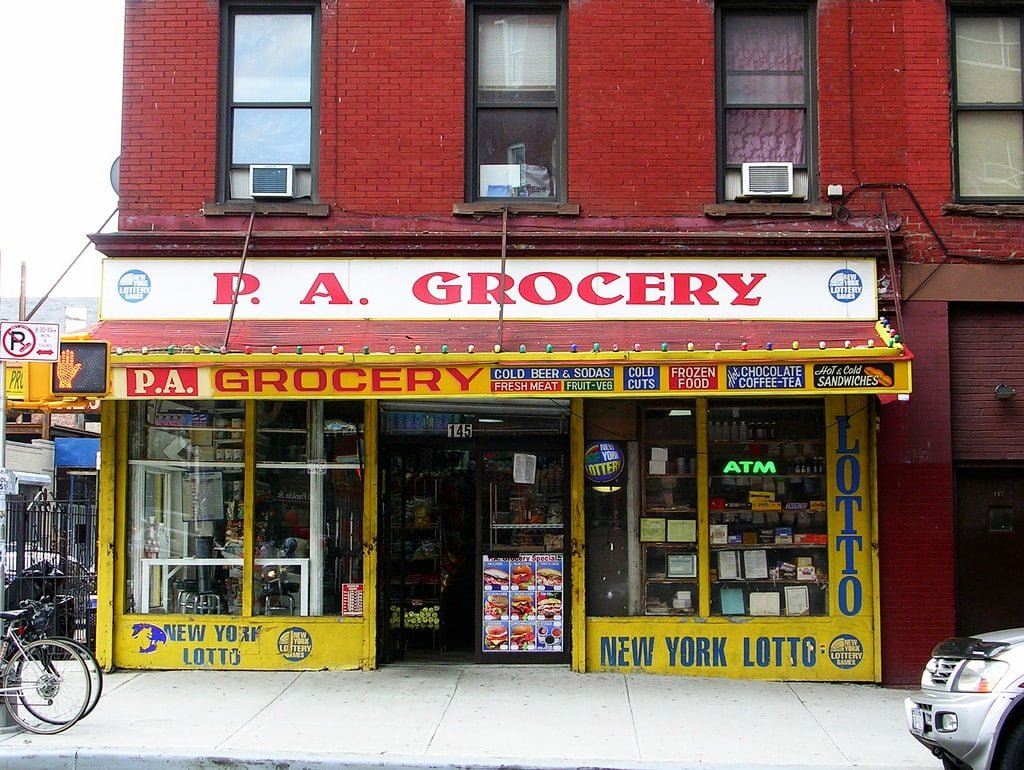Cost is a psychological phenomenon as much as it is a mathematical phenomenon. Back in my college days, the question was, which can I afford to get at Denny’s, a soda or fries? Could I afford to get both?
(Actually, the question was usually, why is there always a single seasoned fry in the basket with all the regular fries?)
While my food purchases aren’t automatic at this point, I can safely say that I would think nothing about ordering both a soda and fries (though I’d probably order something slightly healthier).
So, it stands to reason that prices will feel like they are falling as you build wealth. That’s okay.
But there’s a more sinister aspect to these price changes, and that’s that certain prices don’t just feel different, they actually become different as you build wealth.
And that feels less okay to me.
Table of Contents
High cost of high prices
The Washington Post ran a story a few years ago detailing the high cost of poverty. Now you might think that this is a bit of an irony. After all, we all go to the same grocery stores, pay the same price to fill up our cars, right? There’s no rich person’s line at the gas station. There’s no rich person grocery store. Is there?
(Insert Whole Foods joke here.)
Well, no one is standing outside your local supermarket trying to keep people out of it if they don’t have a certain income level, true.
But they don’t need to, because our infrastructure does it for them.
You may live very close to a supermarket, but not everyone does. Here’s a map of “food deserts”, areas where people don’t have supermarkets in close proximity. There are a lot of areas that qualify.
And when you don’t have access to a supermarket, or it’s too far to travel to, where do you go? You go to the corner store. And everything is more expensive at one of those stores.
When I lived in New York City, I hated those stores. Everything was expensive, the selection sucked, and the shopping experience was usually miserable. Yet I went, because, even owning a car and having the ability to drive to a better supermarket, I often lacked the time and ability to go there. Some people don’t even have this option; the corner store is as good as it gets.
Bulk prices are cheaper (if you can afford them)
If you want things super cheap, you could go to Costco. But membership is $60 a year up-front, a bit of an ask.
Up-front costs are a big problem. You can buy a monthly transit pass and save money, but you need to have the up-front cost. If you don’t have $100 or whatever it costs, you will need to pay the individual cost of a ride, which over time can add up to be much more.
But do I even pay $100 a month for transit? No, I pay around $60. Why do I pay so little? Because I can get a pre-tax transit benefit at my job. Try getting that benefit with low-wage employment.
And on and on
And then there is the issue of time. Due to our society’s tendency to push low-income people out of the transit-oriented areas of cities, they often have longer commutes. When you spend more time commuting, you have less time to do anything else. Which can bring you right back to that corner store, among much else.
And let’s not even get into how high-income people pay less in insurance and banking costs, as they are less likely to use payday lenders.
Let’s be clear: this is not okay. There’s barely an argument why people of high-income or net worth should pay the same amount as anyone else. They certainly shouldn’t pay less.
I’d like to think that in some ways this is changing. In Portland, the new Hop transit card has a nifty feature where you pay up to the monthly pass rate. You pay only what you ride (at $2.50 per ride), but once you’ve paid $100 in rides for the month (the cost of a monthly pass) you pay nothing more. So no up-front fees, but still the benefit of the discount.
Even the great dark god of retail, Amazon, has introduced a lower-cost, monthly Prime membership for low-income customers. I’m not sure this really moves the needle all that much, but it could potentially reduce the time cost of shopping for some people.
And some places, Europe mostly, are experimenting with progressive fines, like this $58,000 speeding ticket in Finland.
I can get behind that. Maybe with more people of higher incomes paying into a pot for these types of infractions, they can help people of all means get access to the supermarkets that they need. Perhaps we can help people out with some radical idea, like giving them more money.

